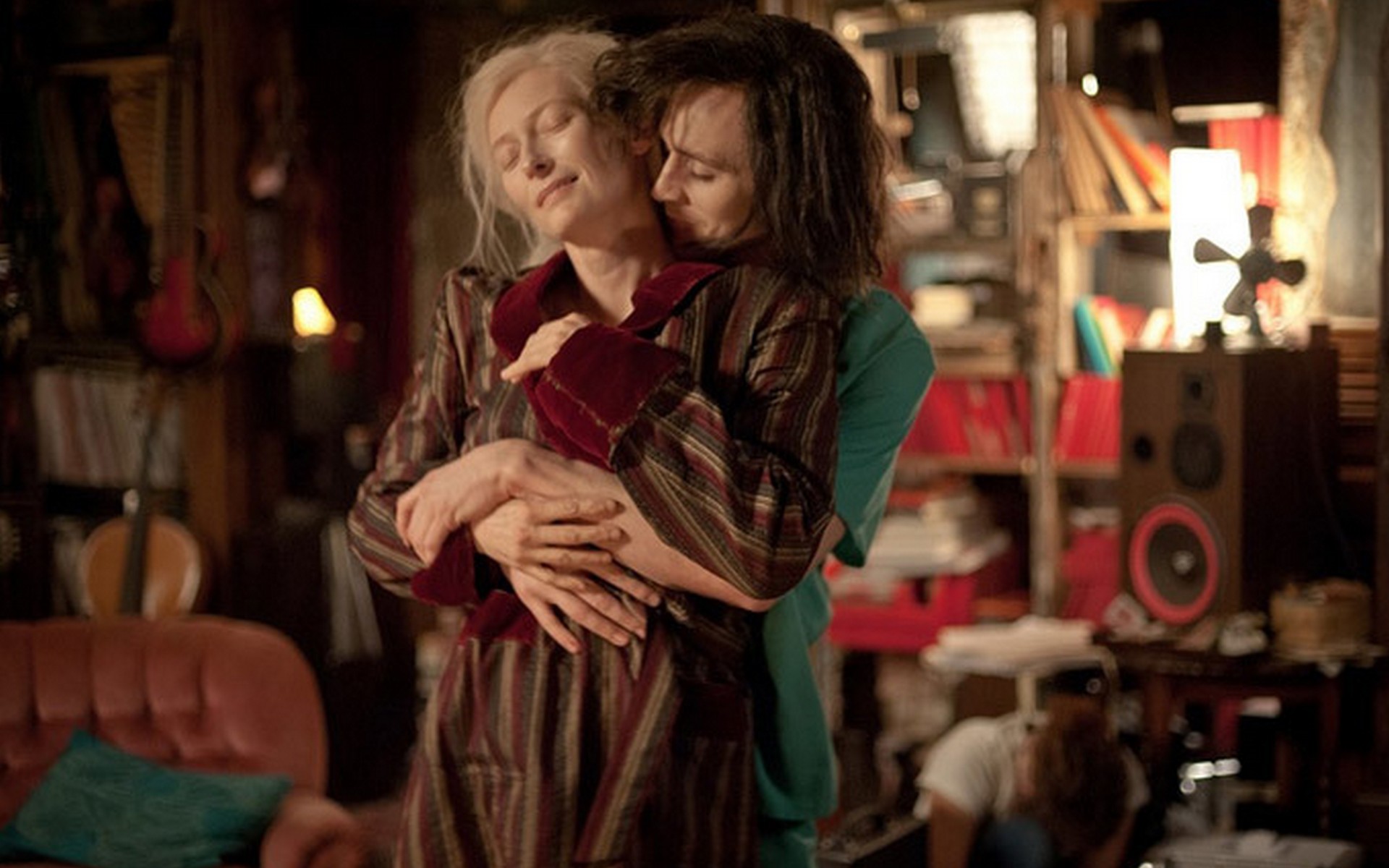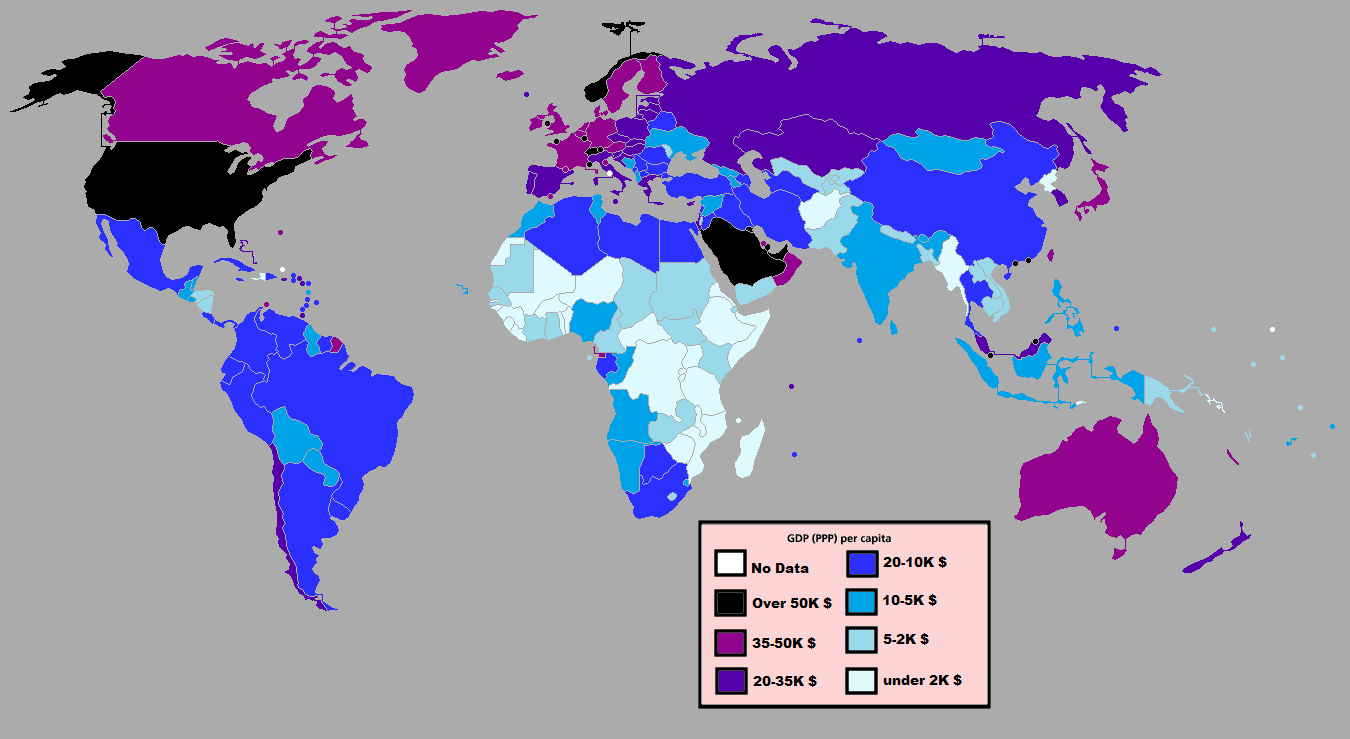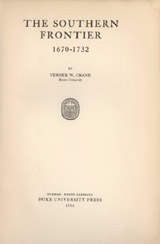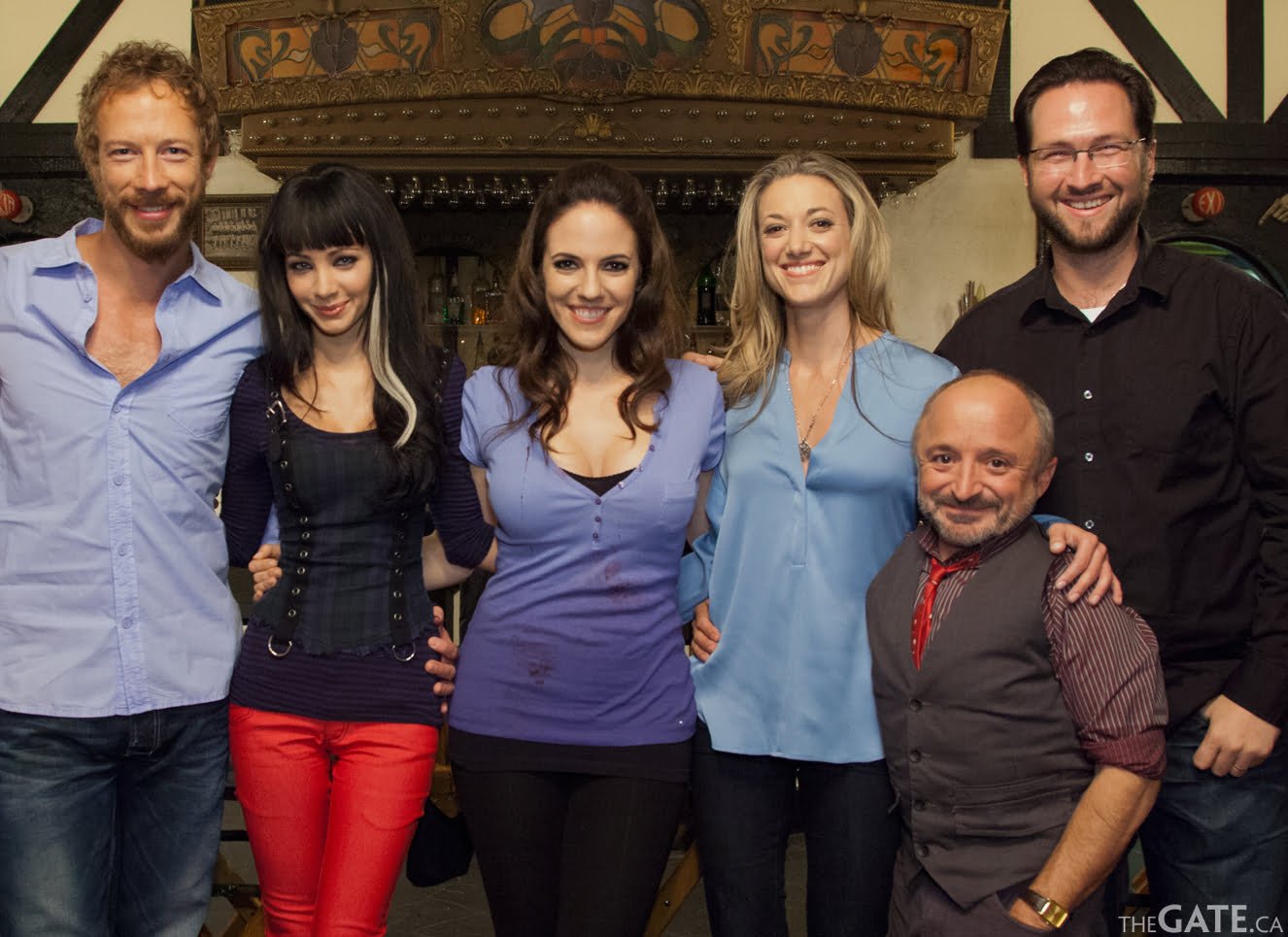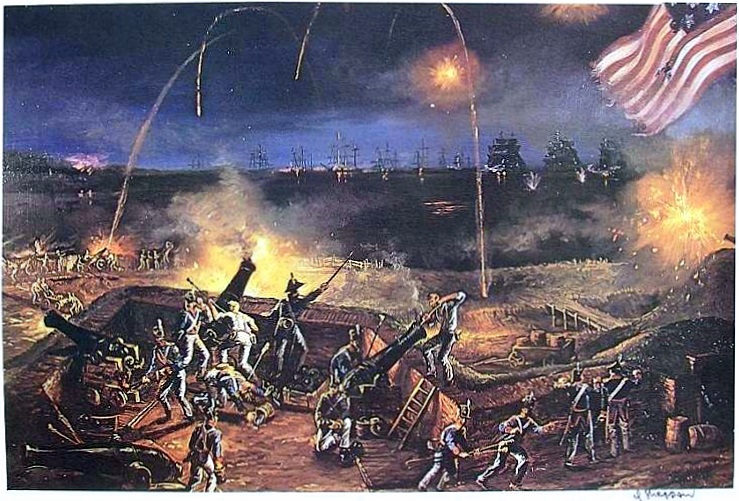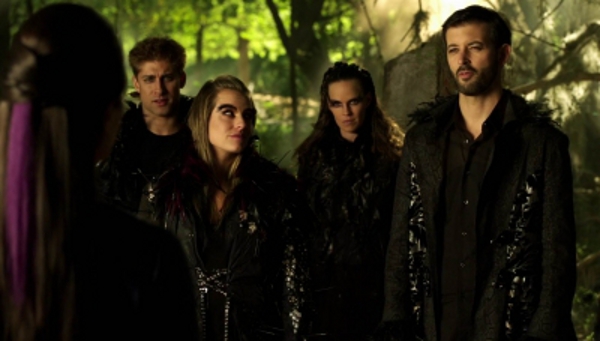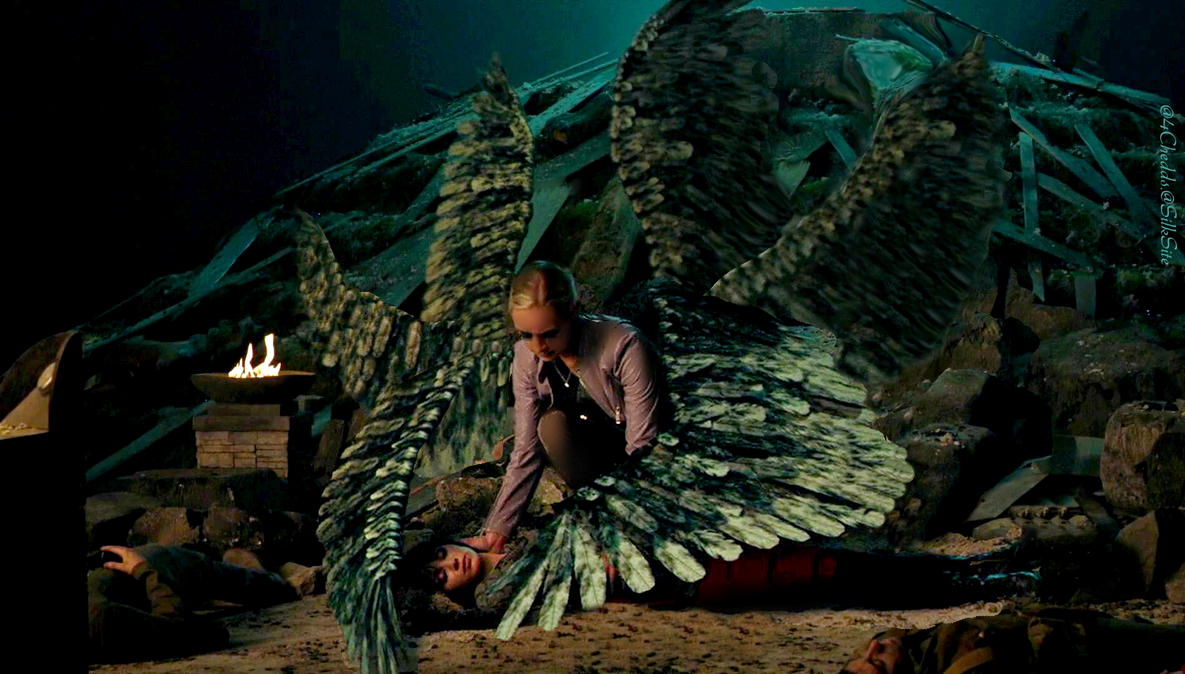By describing Only Lovers Left Alive as "a novel film" is intended to convey that Jarmusch created something new with vampires. It also implies a question about vampires I've meditated on now and again ever since a dream I had way back in the early 80's of the last vampire, his face peering at me out of a broken television set screen, on a desertified earth, on which there is no blood left at all. Somehow, I, per se, wasn't there, I was only feeling what the vampire's face was expressing: horror, terror and despair.
Jarmusch's film goes deeper than that brief but so vivid dream. His vampires have existed since at least the 16th century;
 |
| John Hurt as Kit Marlowe, Eve's blood supplier in Tangier |
 |
| Adam with his gofer, Ian, played by Anton Yelchen; he's terrific in the role. |
 |
| A Detroit Punk Club, in which it has forever remained the 1970's. |
So here we have it -- the vampire tropes, played as an exploration of degeneration of our planet, focused through the deserted areas of Detroit and, in ever-widening circles of alarm, the ever-widening toxic contamination of the planet. By now, not only is much if not most of the global water supply been poisoned, so has most of the global blood supply.
The film takes its own time moving along its unexpectedly delicious trajectory, which may bore some viewers. Additionally, if the viewer knows nothing about guitars, recording or pop music from the 50's, 60's and 70's, or anything about Literature -- yes, Literature with a capital L -- that viewer will miss many delicious bits of meta and witty commentary.
However, my favorite line from the film is not about either music or literature. Instead, it's a subject about which I ponder much more seriously on a daily basis. While Adam and Eve are taking a drive through the ruins of Detroit, Adam respond's to Eve's lamentation as to what the zombies have done to this splendid city:
"It's blessed with water. It will come back and the southwestern zombies who did this to Detroit and have used everybody else's water will want it back."I've been thinking that this could well happen as well. Water = the blood of our planet.
Zombies in Only Lovers Left Alive are the vampires' code word for human beings, which is a bit of meta commentary on current popular entertainment too. The vampires are clear that human beings, the zombies, are responsible for the ruin of the world.
-----------------
* In perhaps the only misstep Jarmusch makes in this film, in all the scenes that include Marlowe it's a given he's the author of Shakespeare's works.
* * Eat your heart out, Elizabeth Hand -- how often has she employed the tropes of impossibly wealthy recluses, decaying mansions and artists from the 60's - 70's has she lovingly attempted to create by now? It's not impossible at all that Jarmusch has read one or two of her novels -- though it wouldn't have been necessary for the making of this film. These are such common tropes, and Jarmusch knows personally many a dissolute wealthy pop culture icon from those decades.

